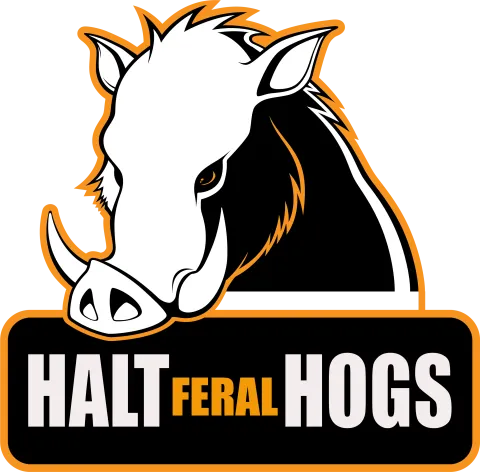
Farmers across South Carolina have been battling the menacing wild hog with increasing vigor for the last few years as the swine’s prolific breeding and cunning keep it from being easily exterminated. The feral hogs destroy freshly planted fields, then ruddy the ground making it nearly impossible to replant. They spread diseases to livestock and are a nuisance around the state.
The impacts reach beyond the farming community though; feral hogs are also destroying South Carolina’s natural habitats and harming wildlife.
In an article from The State, Sammy Fretwell writes:
“The agriculture department reports that wild pigs are hurting rare species. In Florida, one agriculture department report says wild hogs contributed to a reduction in 22 plant species and four rare species of amphibians. In South Carolina, hogs on North Island near Georgetown ate thousands of rare sea turtle eggs before hunters successfully knocked back the population… Forests are also being affected. The Francis Marion National Forest, for instance is having difficulty managing the woodlands because of hog damage to the ground, [Rep.] Davis said during a recent House subcommittee meeting.”
The January/February 2021 issue of Shooting Sportsman, E. Donnall Thomas Jr. notes that while impact on game birds has not been widely documented, the effects are certainly being noticed.
“A study from Texas A&M noted ‘evidence both circumstantial and direct that feral hogs can be detrimental to quail.’ Field studies showed that feral hogs were responsible for 10 to 30 percent of quail nest destruction… Studies with collared hogs also have shown that they develop ‘search images’ targeting quail, shifting their feeding behavior seasonally toward areas and habitats favored by nesting game birds. This behavior makes them even more efficient predators on quail and wild turkeys. Hogs don’t just have good noses. They are among the most intelligent mammals on earth.”
The impacts of the feral hog population are profound as they are targeting some of the most precious resources that South Carolina has to offer. House Bill 3539, the feral hog transport bill, will help protect those resources by giving law enforcement officers the tools they need to stop the illegal hauling of the hogs. And it will help protect the land we all love.